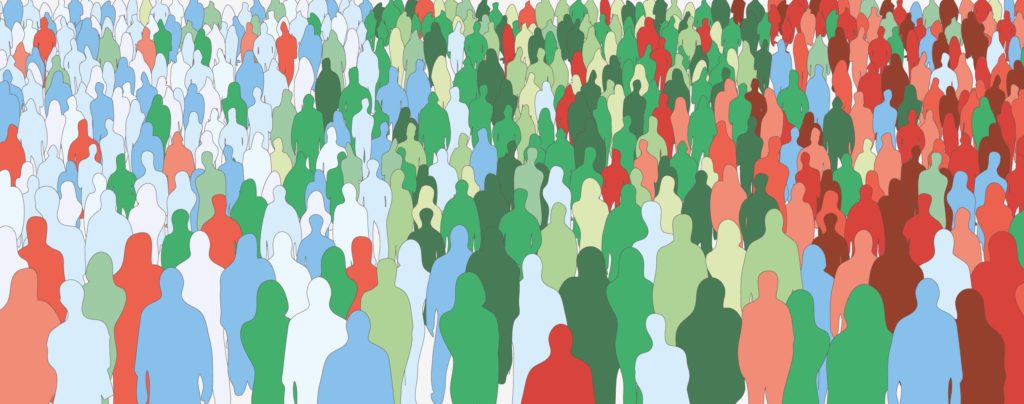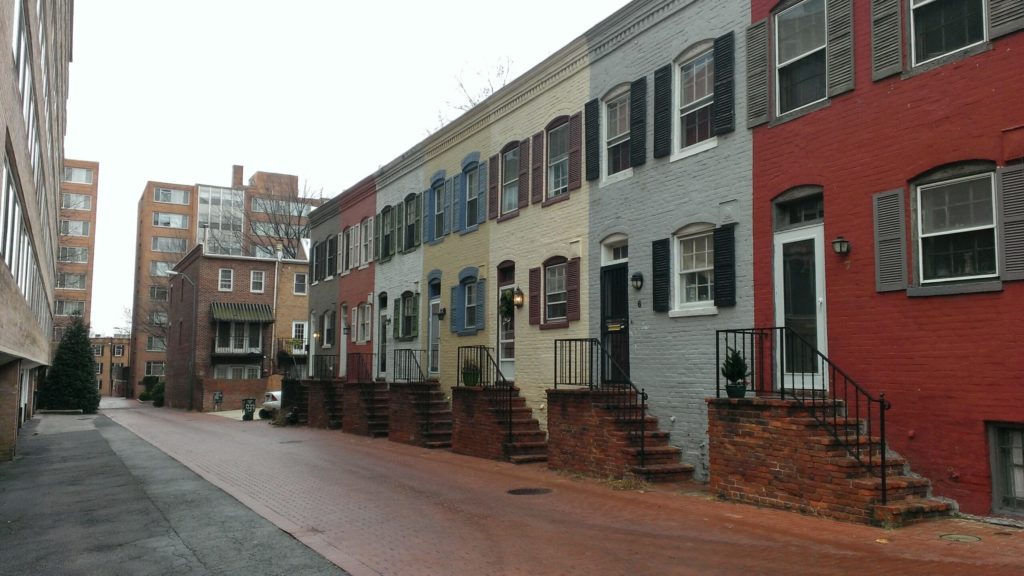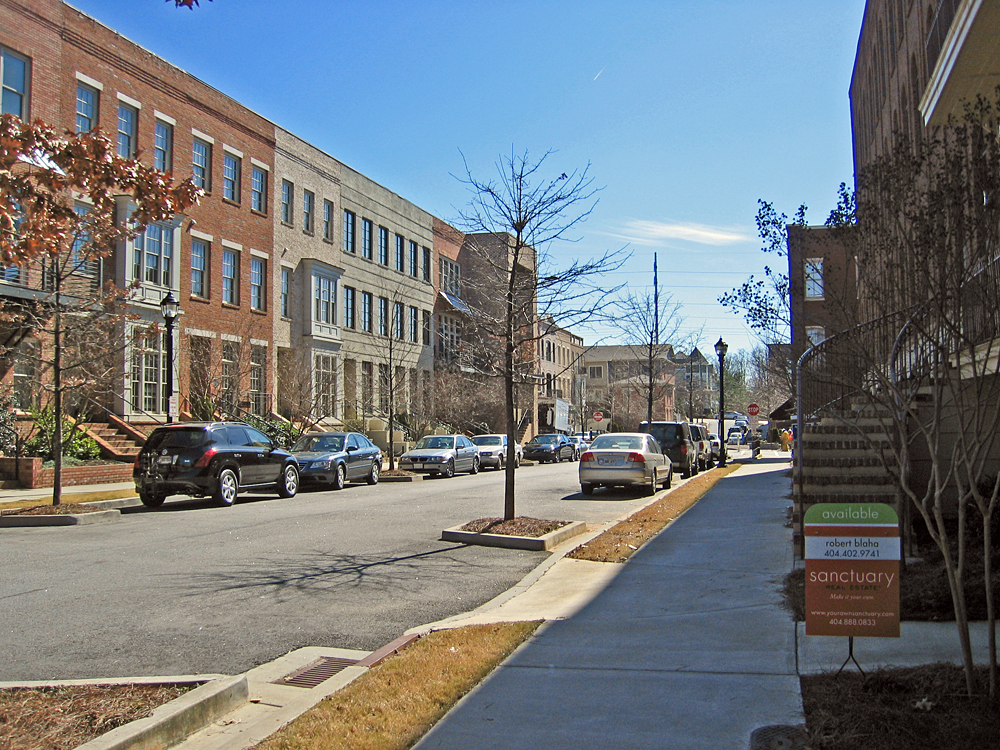
Building Healthier Communities by Establishing an Enterprise-Wide System of Care
The Los Angeles Department of Health Services (DHS) is the second-largest municipal health system in the nation, acting as a sprawling safety-net system, primarily serving Black and Hispanic and low-income populations – residents who are uninsured or covered by Medi-Cal. Despite continuous improvements DHS has undertaken to respond to changes... Read more

Building an Equity-Driven and Culturally Responsive Government Through Authentic Community Engagement
Brooklyn Center, Minnesota moved to the national spotlight as city leaders responded to the fatal shooting of Daunte Wright, a 20-year-old Black man who was fatally shot during a traffic stop at the height of the Derek Chauvin trial, sparking successive days of protests earlier this year. City leaders have... Read more

Using Data to Enhance Transformative Public Safety Reforms
In the City of Brooklyn Center, a small, working-class city just outside of Minneapolis, the fatal shooting of Daunte Wright, a 20-year-old Black man, at a traffic stop in the suburb this spring sparked successive days of protest and demands for the city to examine new approaches to public safety... Read more

Advancing Equity Through Inclusive and Affordable Housing
The growing demand for housing in Washington D.C. has made it difficult for low- and moderate-income households to afford to live in the district. Specifically, more than 70,600 renter households in 2019 were burdened by housing costs, meaning they spent more than 30 percent of their income on housing. To... Read more

Implementing Critical Initiatives to Mitigate Displacement of Atlanta’s Black and Low-Income Communities
Home to more than 6 million people, the Atlanta region is the ninth largest metro region in the nation and it is still rapidly growing. In part because of this unprecedented population boom, Atlanta currently ranks fifth among U.S. cities experiencing gentrification, with more than 46% of its census tracts... Read more

Building a Competitive Workforce for a Post-Covid DC
COVID-19 has greatly disrupted the regional economy in Washington D.C., leaving thousands of residents unemployed and forcing many businesses to close or dramatically shift their operations. About 150,000 people have lost jobs in the hard-hit hospitality and leisure industries, creating a critical need for residents to be retrained for jobs... Read more

Ensuring an Equitable and Effective Long-Term COVID-19 Response in Harris County
During the COVID-19 pandemic, Harris County has managed over 381,000 cases and nearly 6,000 deaths. Under the direction of the County Judge’s Office, Harris County Public Health (HCPH) and other partners have worked tirelessly to slow the spread of infection and combat health inequities through free and accurate testing, case... Read more

Building an Inclusive and Resilient Economy by Supporting LA’s Minority & Women-Owned Small Businesses
Small businesses play a critical role in the US economy as employers, sources of innovation, and community centers. But small businesses, particularly those owned by women and people of color, have been uniquely vulnerable to the economic fallouts of the recent COVID-19 pandemic. Unfortunately, Los Angeles has been a hotspot... Read more

Reducing LA County’s Jail Population by Scaling Rapid Diversion Programs
Los Angeles County operates the largest jail system and de-facto mental health facility in the United States, holding more than 17,000 people daily, nearly 30% of whom have a serious mental health disorder. Residents of color are disproportionately incarcerated, with Black residents accounting for only 9% of the total population... Read more

Scaling Diversion Programs to Reduce Incarceration and Improve Resident Health
Every year in the U.S., two million people with mental illness are booked into jails, leading to a cycle of incarceration for these individuals. One in three persons in the Orleans Justice Center Jail are treated for addiction or mental illness, and these individuals remain in the jail more than... Read more
